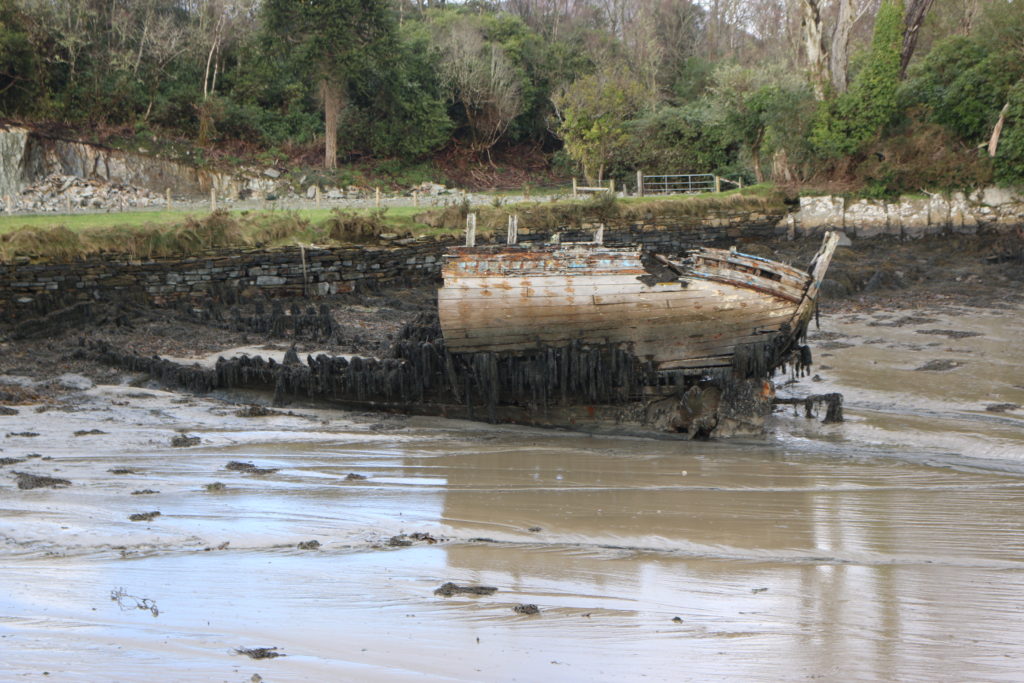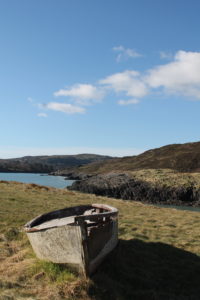Home » Environmental Priorities » Fisheries and Aquaculture » Fisheries »

Decommissioning schemes are aimed at “reducing fishing capacity, through removing vessels and licences and relieving pressures on resource stocks, allow vessel profits and resource rents to rebound, fish stocks to recover and income and wealth distribution to change through redistribution of access and compensation and transfer payments” (Holland et al., 1999).
Decomissioning was a well established policy tool within the Common Fisheries Policy (CFP) with similar methods being applied in the preceding decade to whitefish industries in EU member states including Spain, France, the UK, Belgium and Holland (DAFM, 2011).
Benefits of Decommissioning Schemes
Some of the benefits observed in implementing this policy tool are (DAFM, 2011, p.291):
- Increasing economic efficiency/profitability of the remaining fleet.
- Modernising fleets and adjusting their structure to improve competitiveness.
- Conserving common resources or fish stocks underlying a fishery.
- Conserving biodiversity.
Ireland and Decommissioning

In 2005, the Minister for the Marine commissioned a review to examine the scope and cost of the decommissioning scheme requirements for Irish demersal and shellfish fleets in order to establish a balance between the number of fishing vessels in operation in Ireland and the available fishing stocks (White, 2005).
The results of the White report led to ‘a realisation that there is no real economic future for some of the participants in these sectors unless a large proportion of the fishing capacity can be taken out so that those remaining can look forward to working in a fishing industry with good economic prospects and not dogged by one crisis after another’ (White, 2005, p.14). In this regard, the report continued to highlight the need for immediate intervention in the form of decommissioning schemes in order to effect significant changes in the economic viability of Irish fishing industry.
The report indicated that many issues compounded the situation facing Ireland’s fishing industry at the time which contributed to the decision to pursue a plan for decommissioning vessels. These factors included:
- Decline in fish stocks
- Rising fuel costs
- Availability of crews
- Age of vessels
- Safety standards
- Technology creep
Financial Incentives for Decommissioning
Subsequent to this report, the Department of Agriculture, Food and the Marine introduced financial incentives for fishermen to voluntarily decommission their vessels and to help encourage confidence in the future of the industry.
Primarily aimed at whitefish fishery, vessels older than 15 years and greater than 18m, where upgrading of equipment to adhere to the new legislation was proving too costly, €11.8 million was allocated as reimbursement for participation in this scheme. In this initial scheme 25 of the 1,861 Irish vessels were removed from service, giving the crew of said vessels enough financial support to seek further training in a new field.
In 2008, a second scheme was launched with a budget of €36.6 million, allowing for a further 46 of 2,022 vessels to be decommissioned. This second scheme included 1 vessel from Union Hall, 3 from Castletownbere, and 3 from Schull. Similar schemes were carried out with great success in other European countries including: UK, France and Denmark. These decommissions allow ships that remain in service to fish a higher quota without exceeding national Total Allowable Catch, thus making the endeavour more fiscally valuable to those reliant upon the industry.
The removal of these ships from service, despite the cost to public funds, is hoped to help alleviate the biological pressures of commercial fishing in the world’s oceans.

